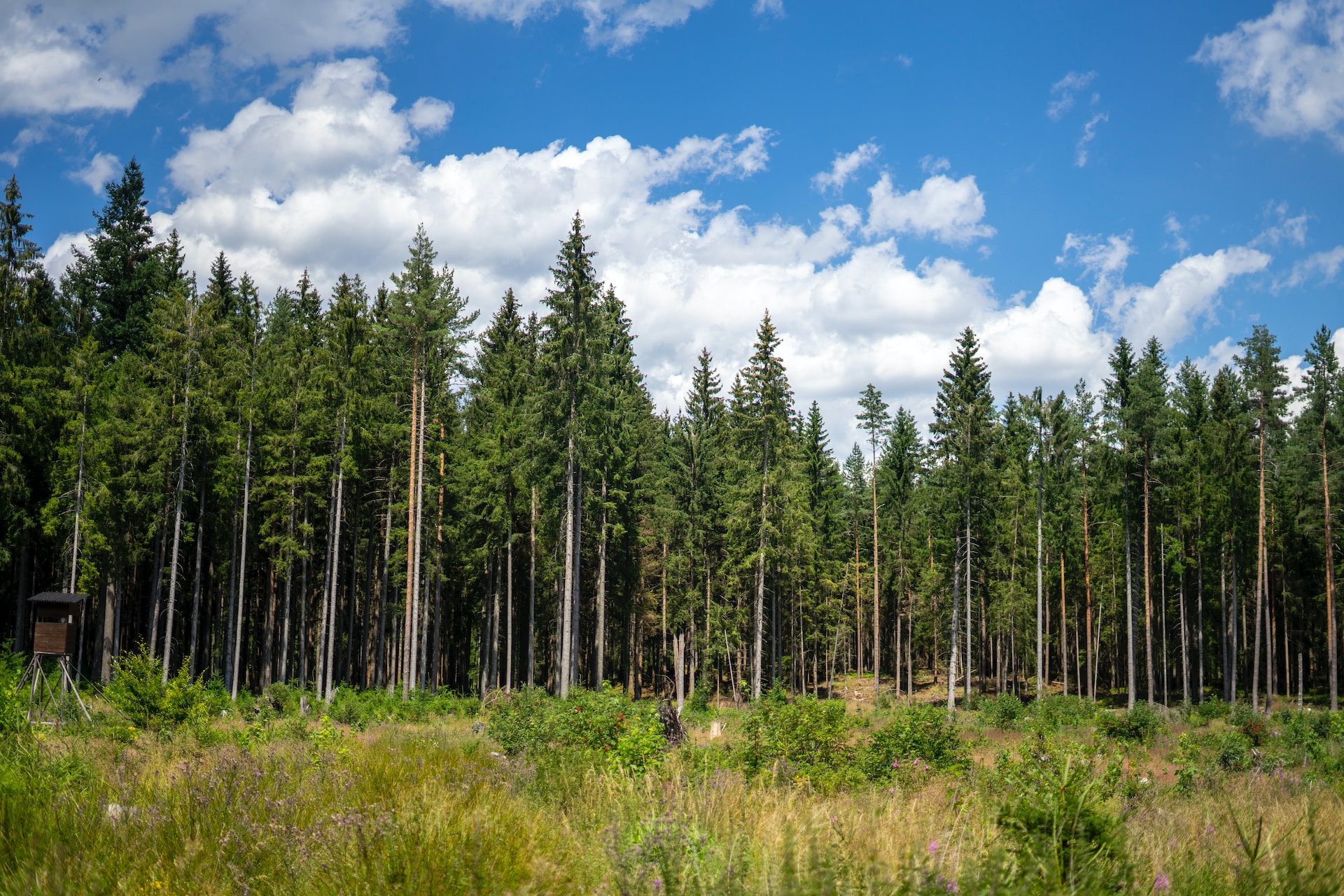Intensive harvesting by repeated whole-tree extraction in forest ecosystems – effects on stem-growth, carbon stock and growth in the next forest generation

Utilisation of forest biomass will have a leading role in Sweden becoming a fossil-free and bio-based economy. The amount of forest biomass available depends on area available, biomass stock, growth rate and harvest intensity.
In this study we investigate how harvest intensity affects long-term biomass production of forest ecosystems, and if compensatory fertilisation is necessary. After 40 years, in three long-term field trials, the effect of whole-tree harvest (stems + tops and branches) is compared with stem harvest only, on tree growth and carbon stock after repeated thinnings and nutrient compensation. The field trials are then clear-felled and re-established to repeat the different treatments and monitor the development of the next forest generation.
The project contributes with knowledge about harvest intensity and nutrient compensation, to determine if intensive harvest of forest biomass is sustainable in the long term.

Felicia Dahlgren Lidman
Skogforsk

felicia.lidman@skogforsk.se
Project information
Participants
Skogforsk
Time schedule
January 2024 - December 2027
Total cost of project
3 601 220 SEK
Swedish Energy Agency project number
2023-01058
More projects

Paulownia – A new possibility for energy and climate transition in Sweden
How can Paulownia be commercially grown in Sweden? This project has investigated what is needed to succeed in cultivating Paulownia in Sweden….
Manager: Jarmo Spiik
Completed: 2023-04-28

The future of biofuel production in the EU – potentials, technologies and policies
Biofuel markets in the EU are undergoing rapid changes. Changes in the policy landscape due to increased climate ambitions is expected to…
Manager: Jonas Zetterholm
Ongoing

Lignin-based batteries
The project aims to develop new natural, water-based organic redox solutions based on lignin, such as electrolytes in a flow coil. These…
Manager: Christian Hulteberg
Ongoing


